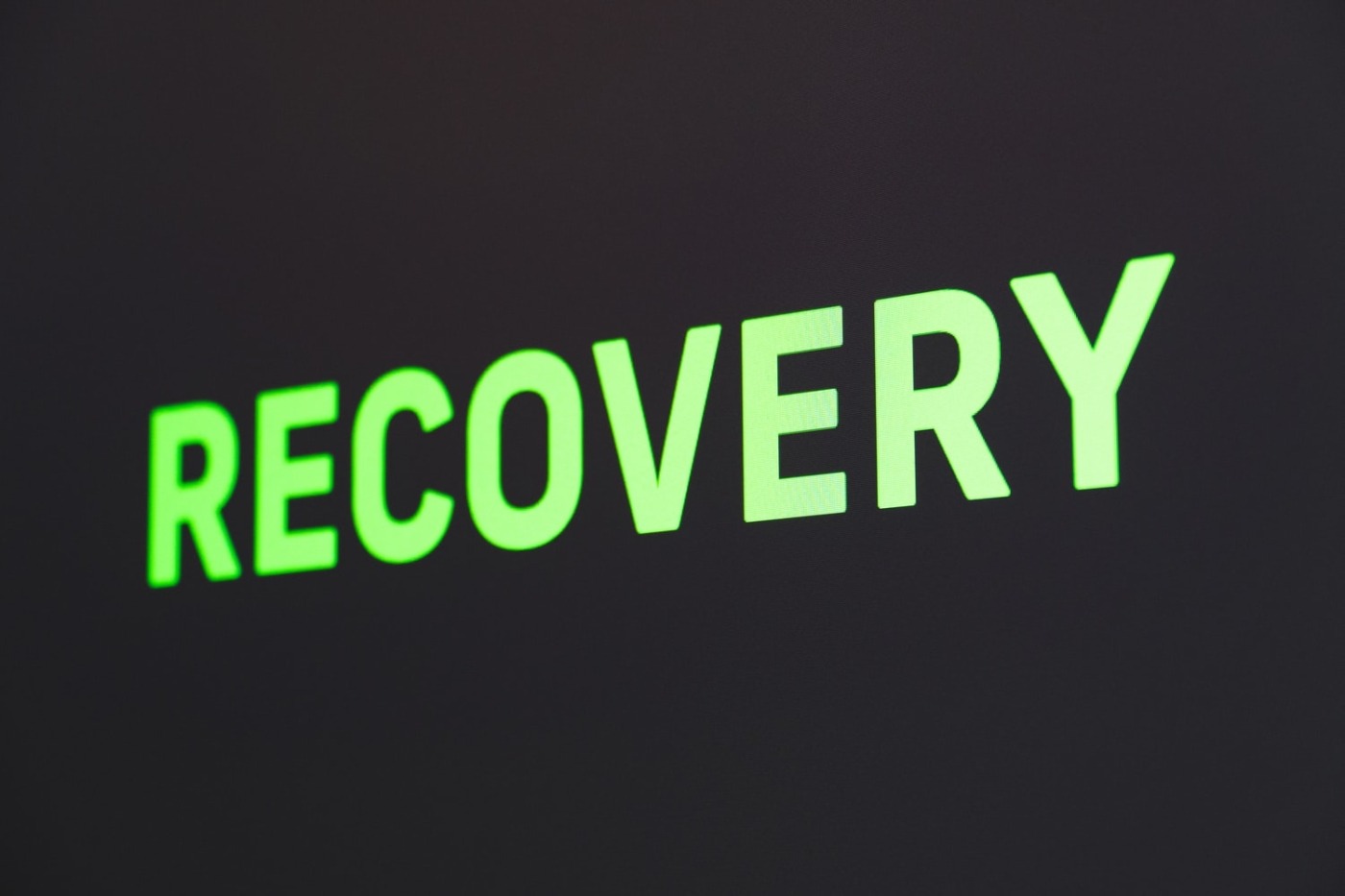The importance of a green ‘new normal’
Amidst the horrors of the pandemic, world emissions dropped by 25% compared to the same period last year. However, as lockdown eases and many of us return to work, carbon emissions have experienced a rapid growth. On average, carbon emissions are now only 5% lower than last year’s levels, and the concentration of CO2 in the atmosphere just hit a record high, at 417ppm. We must adapt to the lifestyle changes enforced by the pandemic, and make lasting change. But time is running out, and if we don’t act soon we will have missed this once-in-a-lifetime opportunity.
By the end of the year, emissions are predicted to be around 8% lower. In order to meet the 1.5° target set by the Paris Agreement, every year must continue to be like this year. The Office for National Statistics has released figures showing a 20.4% shrinkage of the UK economy in April, the largest monthly contraction on record, and the pandemic is expected to lead to a global recession on a level not experienced since the Second World War. The World Bank predicts that the global economy will shrink by 5.2% this year.
We must adapt to the lifestyle changes enforced by the pandemic
The danger is that, in confronting this more immediate crisis, the government will forget about the climate emergency. Fatih Birol, executive director of the International Energy Agency told The Guardian: “This decline in emissions… is not the result of policy. It will be easily erased if the right policy measures are not put in place.” An economic investment program targeted towards a green recovery is essential for the future of our planet. We must create a ‘new normal’ that prioritises the environment.
Current indications from Westminster are positive in rhetoric but lacking in solid policy action. Boris Johnson has encouraged us all to drive to work and, unsurprisingly, the country has obliged, with traffic levels predicted to rise above pre-lockdown levels as people avoid public transport usage. The mayor of the West Midlands, Andy Street, said: “After three years of… tempting people out of their cars, it is gutting to now have to tell these same people to… start driving again.” It may be inevitable that the use of public transport will fall, but with transport as the largest single contributor to UK carbon emissions, it is imperative that the government continues to encourage alternatives to driving wherever possible. A £250m planned investment in cycle lanes is a start, but is only a tiny part of the large-scale changes that will be needed. The government should look to cities like Milan, where an ambitious plan aims to transform 35km of the city’s streets into safe havens for walking and cycling.
An economic investment program targeted towards a green recovery is essential for the future of our planet
However, a focus on transport is not enough. Abandoning polluting modes of transport would leave over 90% of the decarbonisation needed to meet the 1.5° target. It’s time to cut the subsidy to fossil fuels, at a point when low oil prices minimise the impact on the least well-off. Stimulus efforts should be directed towards green sectors, investing in renewable technologies and sustainable transport infrastructure, and dependent on the carbon footprint of the companies they are directed at. A letter signed by the heads of 57 charities explained that this kind of environment-focused recovery could support more than 210,000 green jobs and boost the economy by up to £90bn a year. Kristalina Georgieva, the head of the International Monetary Fund, said: “we are about to deploy a massive fiscal stimulus which can help us address both crises at the same time.”
As individuals, we must also learn from the lifestyle changes introduced through the pandemic. We’ve become accustomed to working from home, holding meetings via Zoom and minimising international travel. Such unprecedented times have shown us that there is simply no need to fly to a meeting. These changes should be made to stay, benefitting both the environment and our own wellbeing. We have a once-in-a-lifetime opportunity to tackle climate change before it’s too late. We must take it.

Comments